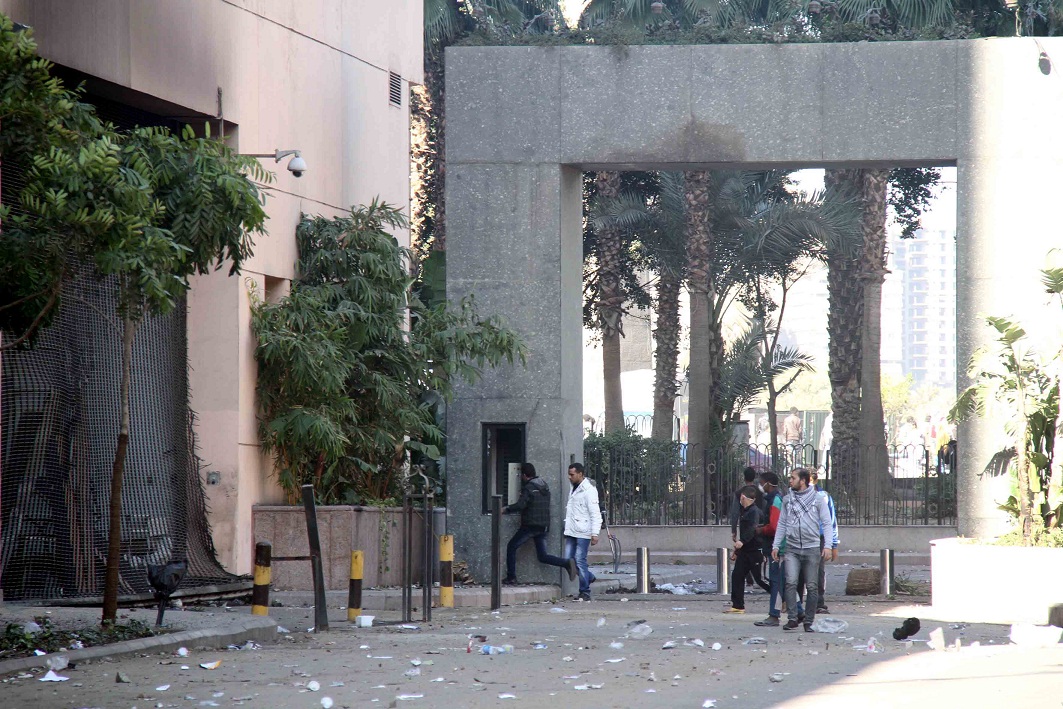At the invitation of President Recep Tayyip Erdogan, Israeli President Isaac Herzog visited Turkey last week to open a new page in bilateral relations after a hiatus of nearly 14 years.
The hiatus began in 2008 when Israel launched Operation Cast Lead on the Gaza Strip, which sparked a crisis in Turkish-Israeli relations. This is despite the fact that Ankara had hosted former Israeli prime minister Ehud Olmert only five days prior to this operation.
Since then, relations between the two sides have only seemingly complicated. In reality, Turkey has increased its dependence on Israeli military support in developing and improving the capabilities of its F-16 warplanes as well as their cooperation in the F-35 fighter programme.
Therefore, Herzog’s visit was considered a way to build trust between the two countries, and both sides were very keen to achieve this goal at the present time. It can be said that a new era in the already good relations between the two sides will begin now.
The most important points in the talks between Herzog and Erdogan focused on reviving the existing political dialogue and respecting mutual sensitivities based on the common goals and interests of the two countries.
The most important and strategic topic of this visit was the urgent need for cooperation in the field of energy and energy security. Of course, there are parts of these relationships that directly concern the US, especially from Ankara’s point of view.
It is expected that Turkish Minister of Foreign Affairs Mevlut Cavusoglu will visit Tel Aviv at the beginning of next April, followed by another visit by the Turkish Minister of Energy. Although we see that relationships are still developing on fragile ground today, it is important to note that this trust will be built over time.
An important and basic issue that must be addressed is the Hamas movement, which was the focus of the previous dispute, as many strategists and commentators considered it to be a dilemma hindering the return of coordination between Ankara and Tel Aviv.
Therefore, Turkey and Israel will act cautiously without getting involved in controversial issues, especially Turkey’s violent foreign policy, since Israel has entered into a very close alliance with Greece and Cyprus in the past ten years.
On the other hand, Turkey wants to get rid of its political isolation. This situation leads Ankara to be pragmatic in its foreign relations and to search for solutions to its stifling economic problems. And let’s not forget that despite all the diplomatic crises, Israel remains an important foreign trading partner for Turkey.
In fact, many issues will be completely bypassed due to the two sides suffering from the urgent economic impacts of the Russian-Ukrainian war, which is related to supplying Europe with gas to replace its Russian counterpart. This is the basis of the new cooperation between the two sides.
Interests and nothing else are driving events and forcing some to relinquish the throne of the alleged Islamic caliphate in favour of gas revenues.
Hatem Sadek: Professor at Helwan University

